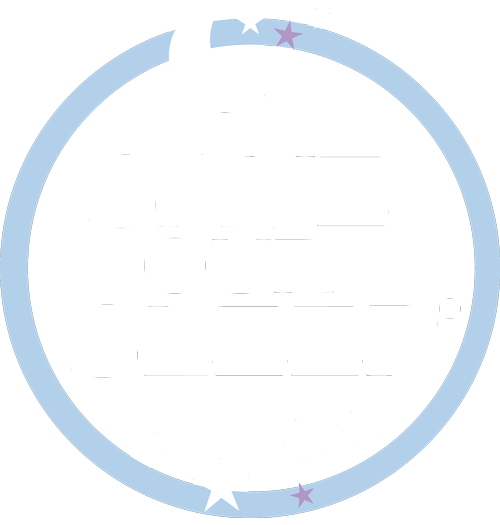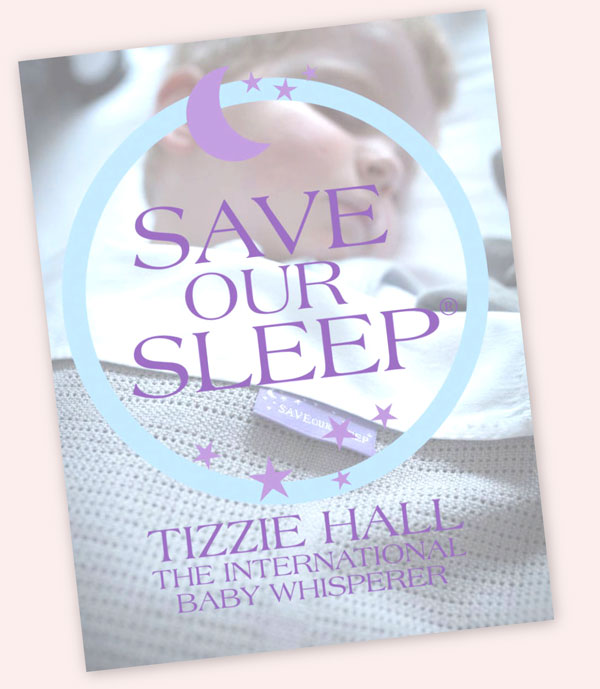In Australia, daylight saving time normally begins on the last Saturday night of October and in Ireland the UK the last Saturday in March. This is when most people move their clocks forward an hour which effectively transfers one of the morning daylight hours to the evening. Of course this whole process is reversed with the clocks being wound back by one hour to end daylight savings on the last Saturday night of the following March in Australia and October in Ireland and the UK. It is a minor calendar adjustment that is copied in some form by over 70 other countries.
As parents you would generally welcome daylight saving when your children are older as it allows them to spend a little more time outside in the evening. Conversely, its signals oncoming winter and all of a sudden, it is dark an hour earlier.
However, with younger children there is a downside in that the changing of the times can interfere with their little body clocks and therefore sleeping habits. Adults can quite easily adapt to a new wake up time and sleep time – especially if they are already a little sleep deprived – but in young children and babies it can be a little more difficult.
Transitioning your child or baby during the beginning and end of daylight saving time
Moving the clocks forward by one hour means that if you want to keep the same sleeping schedules and get the baby off to bed at 7:00pm, you may now be putting the baby to bed in the light. This gets a lot of parents worried and can be a little distracting for the baby.
I always tell my clients not to worry as I have never found this to be a problem. In my experience, daylight makes no difference to a baby that has been taught the skills to put itself to sleep. Without documented evidence, I have clearly observed that children on a routine adapt faster and more easily to any time change. This applies equally to children that are travelling across time zones and is one of the reasons why I always advise people to establish a good routine a few weeks before a trip.
Meanwhile, the other end of the equation is that children or babies who are early risers may be now waking their parents at 6:00am instead of 5:00am which can actually be quite helpful. I have found that it is easier to adjust the times over three days and that this also minimises the affect on a baby or child. Every baby and child is different so what I am going to explain below should only be referred to as a guide. You may have to tailor it to suit your own specific baby’s needs and family dynamic. I am going to use my routine 10 weeks to starting solids as a guide to help explain this process.
On Friday morning wake her as normal at 7:00am. Follow your normal daily routine until 2:40pm. At this point and if the baby is still sleeping, she should be woken for what would have been her 3:00pm feed. For the rest of the day complete the routine 20 minutes earlier than you would otherwise. This should pan out to putting your baby to bed at 6:40pm instead of 7:00pm. This means you will be doing the dream feed 20 minutes early as well.
On Saturday get her up at 6:40am and feed her and stick to the same routine only 20 minutes earlier and this time waking her up (if necessary) at 2:20pm in time to have her “3:00pm bottle”. Now you have shifted the routine by 40 minutes over the two days.
Once again, from here you will follow your normal (or my published) routine but everything will be 40 minutes earlier. So you will be putting her to bed at 6:20pm instead of 7:00pm etc. On Sunday you will wake her up at 7:00am (which is the equivalent of 6:00am before daylight saving began) and follow the normal routine using the official Australian summer times.
What about when it ends?
The process works almost exactly the same in reverse when daylight saving ends. On the Thursday feed your baby her last bottle 10 minutes later than usual. Then put her to bed at 7:10pm. Friday morning get her up when she wakes but if she doesn’t wake leave her until 7:20am and feed her. If she wakes before 7:20am try not to feed her until this time.
Don’t worry if you have to feed her earlier because you will get back on track as the day goes by. Follow your normal routine but this time 20 minutes later than usual. So at 9:20am she will be off to bed and the next feed will be at 11:20am and so on until the last feed of the day but this time you will feed her 30 minutes later than usual and put her to bed at 7:40pm.
On the Saturday if she doesn’t wake by herself, leave her feed until 7:40am or wake her for the feed at this time. If she is awake try not to feed her until 7:40am. Again don’t worry if she can’t last until 7:40am, give yourself some peace and try to adjust the feeds through the course of the day. Then it is a case of following the routine 40 minutes later than usual all day until the last feed which should be done 50 minutes later than you usually would.
Put her in bed at 8:00pm on the changeover night which should allow her to sleep until 7:00am under the revised times as daylight saving ends. If she is awake earlier then try not to feed her until 7:00am.
Of course this may take a few days but the principle of slowly transitioning the baby or child rather than expecting them to cope all of a sudden applies. Within a week it all should be fine.
As an aside, daylight saving time changes are also a useful milestone to check or change the batteries in your smoke alarm, check the used by dates on all the medicines in your medicine cabinet as well as all the batteries in your baby monitors and other alarms.
While in the seasonal change mode you could also have a look at the adjustable harness straps in your car seats.
| Thursday | Friday | Saturday | Sunday | |
|---|---|---|---|---|
| Feed | 7:00am | 7:00am | 6:40am | 7:00am (6:00am old time) |
| Sleeps | 9:00am | 9:00am | 8:40am | 9:00am (8:00am old time) |
| Feed | 11:00am | 11:00am | 10:40am | 11:00am (10:00am old time) |
| Sleep | 1:00pm | 1:00pm | 12:40pm | 1:00pm (12:00pm old time) |
| Feed | 3:00pm | 2:40pm | 2:20pm | 3:00pm (2:00pm old time) |
| Nap | 4:30pm | 4:10pm | 3:50pm | 4:30pm (3:30pm old time) |
| Bath | 6:00pm | 5:40pm | 5:20pm | 6:00pm (5:00pm old time) |
| Feed | 6:30pm | 6:10pm | 5:50pm | 6:30pm (5:30pm old time) |
| Sleep | 7:00pm | 6:40pm | 6:20pm | 7:00pm (6:00pm old time) |
| DreamFeed | 10:30pm | 10:10pm | 9:50pm | 10:30pm (9:30pm old time) |
All care has been taken to provide accurate information but it is impossible to cover every situation so please consult with a competent health professional whenever you are in doubt about your baby’s health or behaviour. Neither the author nor the provider may be held responsible for any action or claim howsoever resulting from the use of this article or any information contained in it. If you have a question or concern about the appropriateness or application of the treatments described in this article, consult your health professional. An article can never be a substitute for an individual professional consultation.
What about when it ends?
| Thursday | Friday | Saturday | Sunday | |
|---|---|---|---|---|
| Feed | 7:00am | 7:20am | 7:40am | 7:00am (8:00am old time) |
| Sleeps | 9:00am | 9:20am | 9:40am | 9:00am (10:00am old time) |
| Feed | 11:00am | 11:20am | 11:40am | 11:00am (12:00am old time) |
| Sleep | 1:00pm | 1:20pm | 1:40pm | 1:00pm (2:00pm old time) |
| Feed | 3:00pm | 3:20pm | 3:40pm | 3:00pm (4:00pm old time) |
| Nap | 4:30pm | 4:50pm | 5:10pm | 4:30pm (5:30pm old time) |
| Bath | 6:00pm | 6:20pm | 6:40pm | 6:00pm (7:00pm old time) |
| Feed | 6:40pm | 7:00pm | 7:20pm | 6:30pm (7:30pm old time) |
| Sleep | 7:10pm | 7:40pm | 8:00pm | 7:00pm (8:00pm old time) |
| DreamFeed | 10:40pm | 11:00pm | 11:20pm | 10:30pm (11:30pm old time) |




